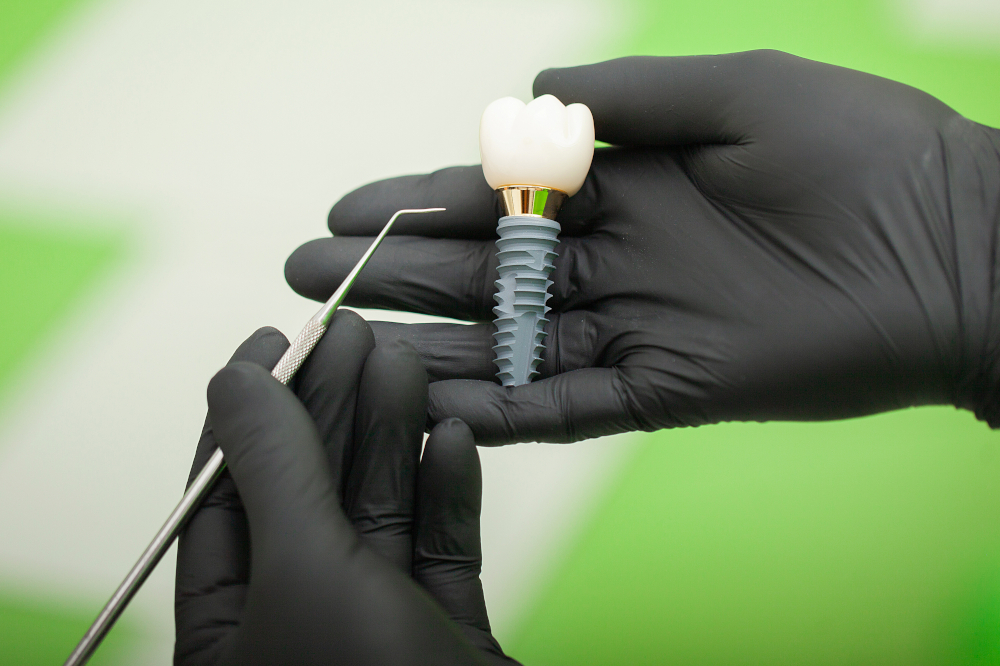Sciota, Pennsylvania
At Quiet Valley Dental, our dentists believe in doing whatever possible to prevent tooth loss. One of the best methods available to preserve a tooth is a root canal. However, certain situations dictate that losing a tooth, or having it extracted, is the best course of action. If you need to have a tooth removed, or you already have lost a permanent tooth, Quiet Valley Dental can replace it and a dental implant represents the finest method currently available in restorative dentistry. Our dentists can perform either procedure depending on your needs. Today on the blog, we review some of the criteria that can determine whether a root canal or implant is right for you.
Forget what you think you know about root canals
A dentist trained in endodontics uses a root canal to treat a tooth where an infection or injury has affected the sensitive interior tissue, which is known as dental pulp. This portion of the tooth contains blood vessels and the dental nerve. A dentist removes any damage or infection from the interior of the tooth, then cleans out and disinfects the canals, which then are refilled with an inert material. A crown is placed to complete the procedure and replace the exterior of the tooth.
Why do dentists prefer dental implants?
An implant looks, feels and functions more like a real tooth than any other method of tooth replacement. Moreover, an implant also is the only type of tooth replacement that also replaces the tooth root. Without this, deterioration of the jawbone is an inevitable long-term consequence of living with tooth loss. The implant screw provides similar stimulation, although the entire installation process can take several months, as the jawbone fuses with the implant. Once this healing is complete, an implant procedure is completed by placing a crown on the top of the implant, restoring the full form and function of your replacement tooth.
How do you decide whether a root canal or an implant is right for you?
Risk: An implant does have a risk of infection, since it entails surgical insertion of a foreign object into the mouth. This risk is also why we recommend that any patient who is interested in an implant stop smoking prior to the procedure.
Preservation: By having a root canal, you avoid tooth loss, and keeping your natural teeth decreases the likelihood of a misalignment of the bite or deterioration of chewing function.
Expense: While the cost of each individual procedure is determined on a case-by-case basis, a typical implant procedure can have double or triple the expense of a root canal.
A root canal can be finished in two appointments spanning less than a month, while an implant procedure may take several months to complete while the implant screw fuses with the jawbone.
Restorative dentistry in Sciota, Pennsylvania
Whether you choose a root canal or an implant, we want to point out that both have a high success rate. Modern root canals have a success rate of 85-90 percent, while, according to WebMD, dental implant procedures have an even higher success rate. The only way you can make a fully informed decision on this issue is to visit with an experienced dentist like the practitioners on staff at Quiet Valley Dental. To schedule your consultation, call our office at (570) 992-7040 or complete our online contact form.






